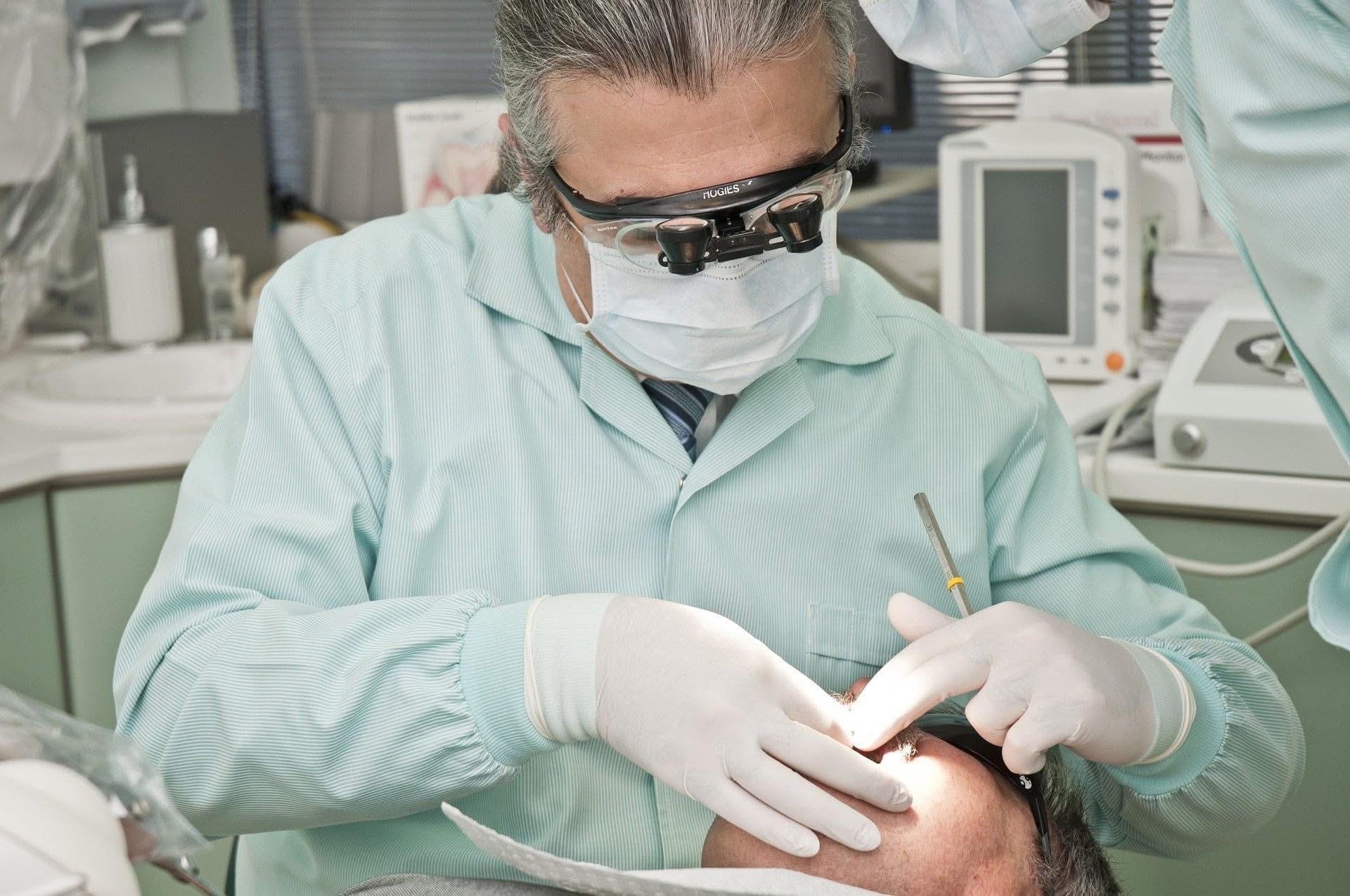 Vitamin K refers to two fat-soluble vitamins, Vitamin K1 and Vitamin K2. Vitamin K1, or phylloquinone, is made by plants and is the primary source of Vitamin K that humans obtain through food. Vitamin K2, or menaquinone, is typically produced in the large intestine by bacteria; this function is improved with the presence of cultured milk, like yogurt, in the diet. Vitamin K is an essential nutrient necessary for blood clotting and regulating the body’s normal blood clotting process. When there is a skin wound, even a simple cut, the body needs sufficient blood clotting ability to the close the wound and prevent excessive bleeding. On the other hand, blood needs to flow throughout the body freely without forming clots that would block an otherwise functioning blood vessel. Vitamin K is also needed for bone health, as it may reduce bone loss and decrease the risk of bone fractures. It also helps build strong bones, as well as protecting bones from weakening or fracturing. For this reason, Miami dentists encourage patients to maintain a diet that is rich in vitamin K to help strengthen tooth enamel. Holistic dental professionals also believe that diets that are rich in vitamin K help to improve overall oral health.
Vitamin K refers to two fat-soluble vitamins, Vitamin K1 and Vitamin K2. Vitamin K1, or phylloquinone, is made by plants and is the primary source of Vitamin K that humans obtain through food. Vitamin K2, or menaquinone, is typically produced in the large intestine by bacteria; this function is improved with the presence of cultured milk, like yogurt, in the diet. Vitamin K is an essential nutrient necessary for blood clotting and regulating the body’s normal blood clotting process. When there is a skin wound, even a simple cut, the body needs sufficient blood clotting ability to the close the wound and prevent excessive bleeding. On the other hand, blood needs to flow throughout the body freely without forming clots that would block an otherwise functioning blood vessel. Vitamin K is also needed for bone health, as it may reduce bone loss and decrease the risk of bone fractures. It also helps build strong bones, as well as protecting bones from weakening or fracturing. For this reason, Miami dentists encourage patients to maintain a diet that is rich in vitamin K to help strengthen tooth enamel. Holistic dental professionals also believe that diets that are rich in vitamin K help to improve overall oral health.
Vitamin K also prevents calcification of blood vessels and heart valves, which can lead to heart disease. It protects against oxidative damage, properly regulates inflammatory responses and supports the brain and nervous system structure.
Uses
Vitamin K is used in the prevention and/or treatment of the following:
- Anticoagulant therapy
- Chronic liver disease
- Cystic fibrosis
- Inflammatory bowel disease
- Kidney stones
- Liver cancer
- May reduce neuron damage when treating Alzheimer’s disease
- Nausea and vomiting during pregnancy
- Osteopenia (bone loss)
- Osteoporosis (decreased bone mineral density)
- Pancreatic cancer
- Protecting bones from fracture
- Thrombosis
- Preventing calcification of the arteries
- Preventing certain bleeding or blood clotting problems
- Preventing postmenopausal bone loss
- Reversing the effects of too much Warfarin (an anticoagulation drug)
Vitamin K is also used topically, usually as a 5% cream, to remove broken capillaries (spider veins), bruises, scars, stretch marks, burns and rosacea–a skin condition that causes redness on the face.
Signs of Vitamin K Deficiency
People who are deficient in Vitamin K may experience excessive and easy bruising, longer blood clotting time, increased bleeding that includes gastrointestinal bleeding, excessive menstrual bleeding, blood in the urine, hemorrhaging, gum bleeding and nose bleeds, anemia, osteoporosis, calcification of the blood vessels or heart valves, and problems with bone fractures or weak bones.
Those at a higher risk for a Vitamin K deficiency include people with chronic malnutrition; alcoholics; people who have a health condition that limits the absorption of dietary vitamins, including those with Crohn’s disease, cystic fibrosis, ulcerative colitis, inflammatory bowel disease and celiac disease; people taking anticoagulants, as they stop the reduction and recycling of Vitamin K; newborn babies, as they lack the intestinal bacteria to produce Vitamin K; and people with liver disease. Because our intestinal bacteria help supply us with Vitamin K, any drugs, like antibiotics, that change our normal intestinal bacteria can affect our Vitamin K status.
Recommended Daily Dosage
The Recommended Daily Amount (RDA) for adults is 70-80 mcg per day, but some researchers believe that adults may need up to 3,000 mcg of Vitamin K daily. People taking high doses of aspirin and quinine may require more Vitamin K. Antacids may decrease absorption of Vitamin K, and Vitamin K may decrease the blood thinning effects of herbs like alfalfa, American ginseng, anise, celery, chamomile, horse chestnut and red clover. Dietary fat is needed for the absorption of Vitamin K.
Toxicity does not normally occur with normal intake of Vitamin K, but when taking the synthetic compound of Vitamin K3 flushing, sweating, jaundice and anemia may develop. Increased Vitamin K supplementation during pregnancy may increase jaundice in newborns.
Sources of Vitamin K
Good food sources of Vitamin K include leafy greens, such as Swiss chard, kale, parsley, spinach, mustard greens, collard greens, and turnip greens; broccoli, cauliflower, Brussels sprouts, cabbage, parsley, green beans, asparagus, romaine lettuce, sage, oregano, celery, sea vegetables, cucumber, leeks, tomatoes, blueberries, liver, soybean oil, cottonseed oil, olive oil and wheat bran.
Sources for this article include:
http://www.drweil.com/drw/u/ART02804/vitamin-k.html
http://www.ext.colostate.edu/pubs/foodnut/09315.html
http://www.vitaguide.org/vitamin-k.html
http://whfoods.org/genpage.php?tname=nutrient&dbid=112
http://www.anyvitamins.com/vitamin-k-info.htm
http://www.webmd.com/vitamins-supplements/ingredientmono-983-VITAMIN%20K.aspx?activeIngredientId=983&activeIngredientName=VITAMIN%20K
http://www.newsmax.com/FastFeatures/health01-deficiencyofvitamink-symptomsofvitaminkdeficiency-signsofvitaminkdeficiency/2011/02/23/id/387102
http://www.medicalnewstoday.com/articles/219867.php
http://www.nlm.nih.gov/medlineplus/druginfo/natural/983.html





